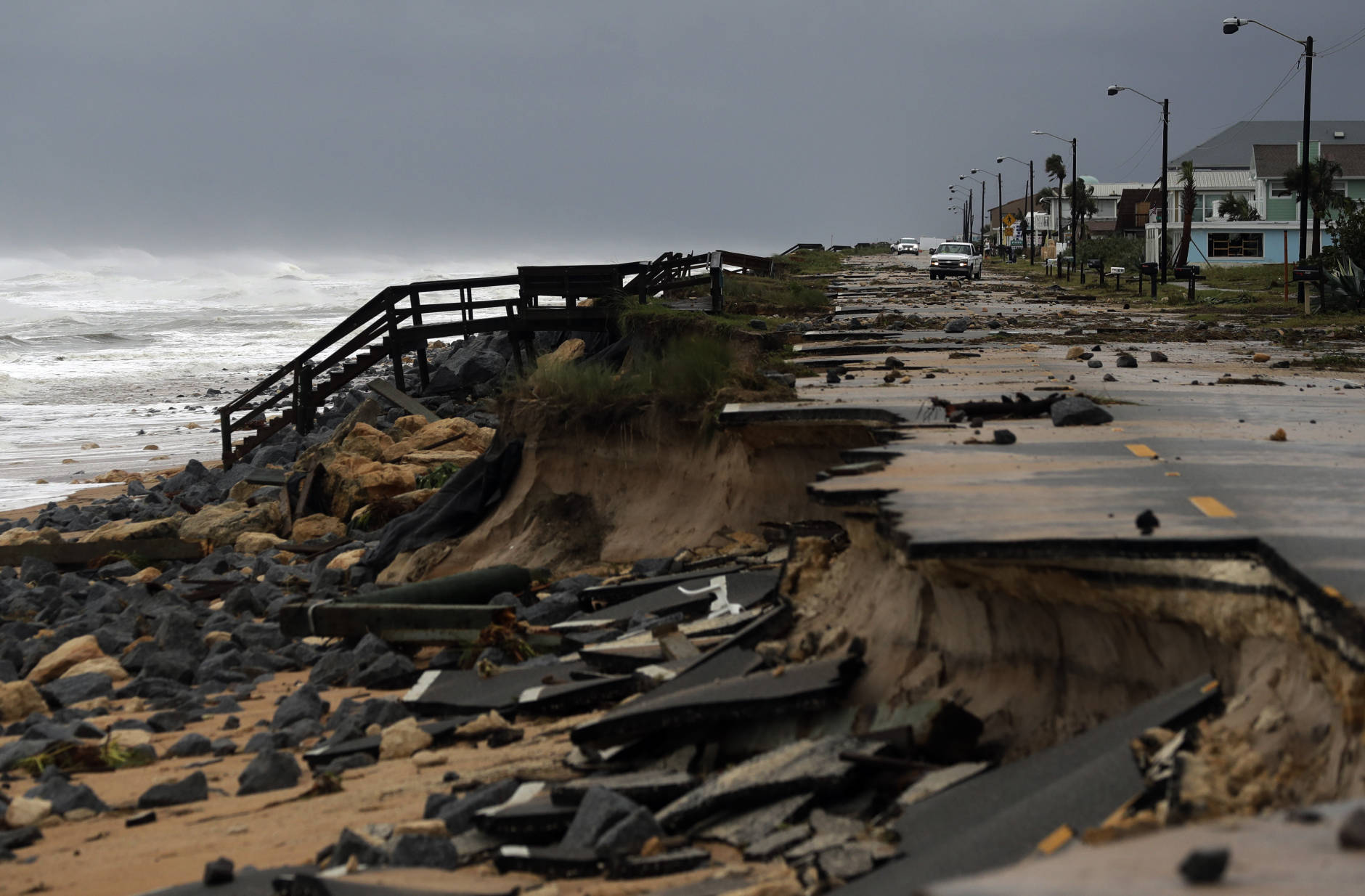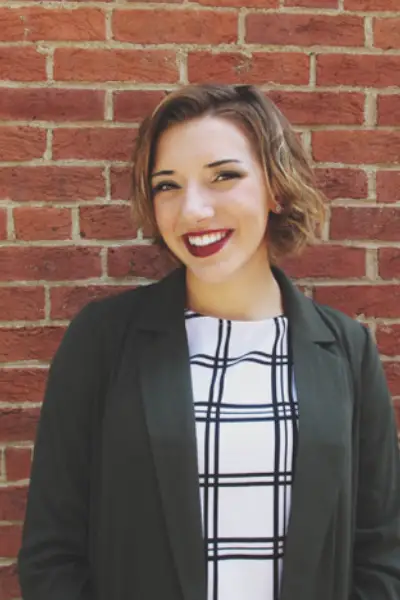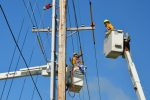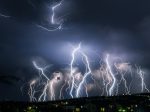Effectively Lending a Hand
Here’s how to be smart when figuring out how to actually help with Hurricane Matthew—and any other natural disasters, really.
By Mattie Winowitch, Waynesburg University
Natural disasters are a part of life.
Although they are often unwanted by everyone involved, they are both expected and unstoppable.
The most recent, severe natural disaster, Hurricane Matthew, left a mark on every area it touched. These areas include parts of Haiti, Cuba, the Bahamas, the Canadian Maritimes and certain states in the southeastern U.S., including Florida, Georgia, North Carolina and South Carolina.
Each one of these places was hit—hard. There were a recorded 598 to 1,384 deaths total, which makes Hurricane Matthew the deadliest hurricane since 2005. The damage Matthew caused also made it the most expensive hurricane since 2012.
For Flagler Beach, Florida, resident Shannon Herlihy, a Florida State University student, the storm’s damage to her hometown was more than she could handle.
“My family and I casually stop [in St. Augustine] whenever we’re downtown, so it was gut-wrenching to see all of the videos showing water gushing through the first floor,” Herlihy said.
As a town with a lot of historic value, Herlihy also mentioned how she was worried about the restoration of the damaged buildings and landmarks.
“Above all else, it really makes me nervous. Flagler College—and all of the buildings in downtown [St. Augustine]—are historic landmarks, and I worry about whether or not they will be able to be fully restored to their preserved glory after this storm has hit them so hard,” Herlihy said. “With the structures being so old, I worry that they might not fully come back from this disaster, but I have faith that the city workers are handling it diligently.”
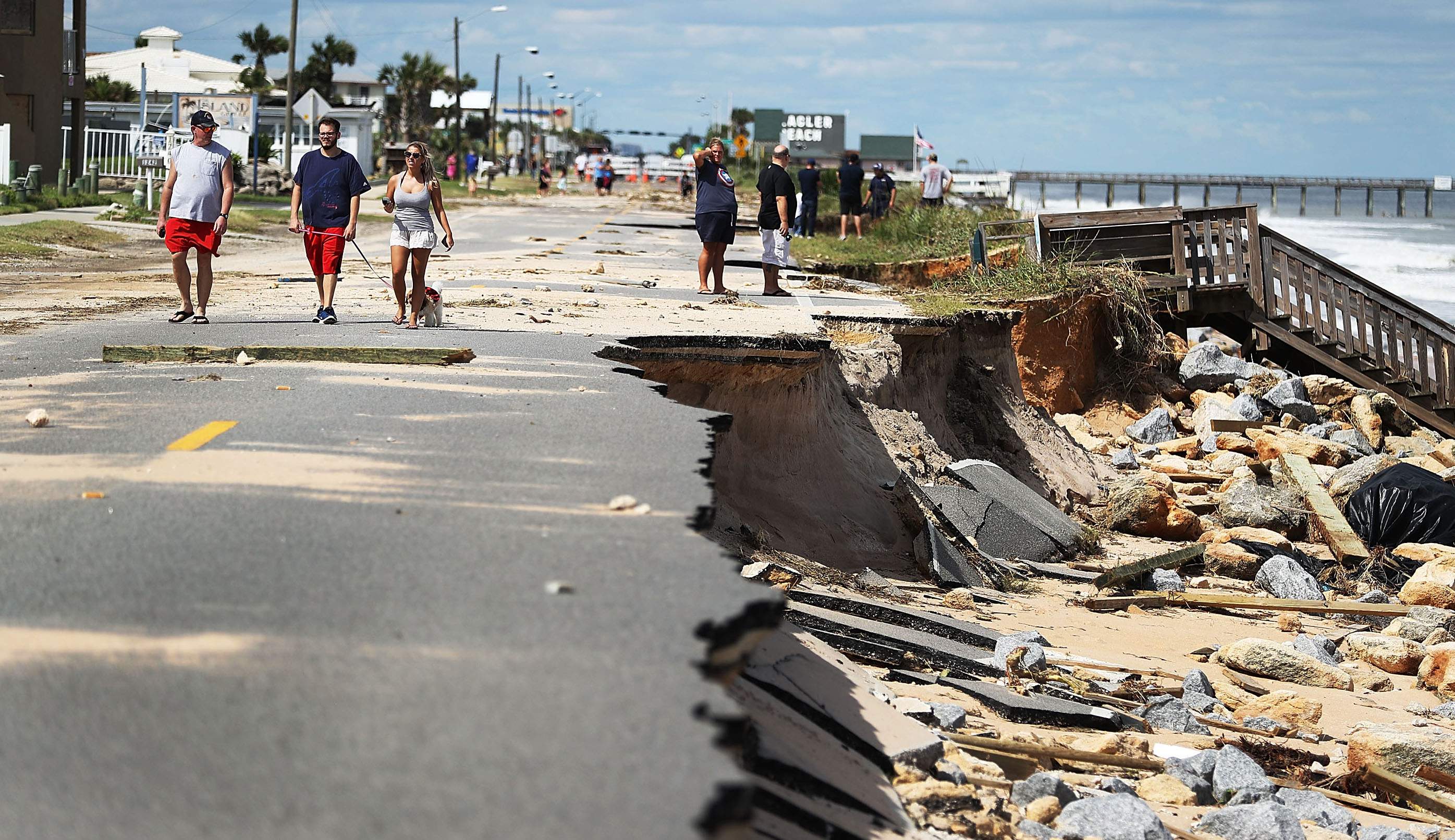
Although Herlihy’s situation was a bit more specific, the saddest thing is her feelings are not rare. Across the internet, thousands of people are crying out via social media sites, blog posts and public forums trying to raise awareness and receive some help. And although Herlihy’s experience did leave her in despair, she did happen to luck out. She was not personally affected by the storm due to the location of both her home and her school. Unfortunately, many other families were not as fortunate.
Colleges and schools were shut down. Families had to evacuate their homes. Local shops and stores had to close their doors. Heck, even the happiest place on earth was on lockdown. Those who didn’t evacuate faced very unsafe circumstances. For those who decided/had to leave, depending on the severity of the storm in their region, what they came home to wasn’t pretty.
For Herlihy, even though the damage wasn’t personal, seeing the aftereffects of Hurricane Matthew on her sweet hometown was painful.
“It feels horrible to see my hometown hit so hard, especially when I’m going to school almost 200 miles away,” Herlihy said. “It’s heartbreaking to see my beloved pier ripped apart and all the roads destroyed. I wish I could be home and helping with cleanup, but I know that many people love our little town and are working very hard to get it back to normal.”
Cleaning up the mess of Hurricane Matthew is going to take a lot of work. In order to restore what has been lost from the storm, they are going to need help—and a lot of it. But oftentimes the issue isn’t a shortage of people who are willing to help, but a lack of knowledge when it comes to knowing how to help in a way that will actually make a difference.
With all of this in mind, here are a few ways you can mindfully help hurricane victims.
Do Your Research
There’s nothing worse than thinking you are actually helping with a situation when in reality you are doing nothing, or just making things worse than they already are. I really wish I would have taken advantage of doing my research when I supported the Kony foundation while I was in high school. *sigh*
There have been other countless organizations that have been criticized for their credibility, the Susan G. Komen foundation and Red Cross being just a few. It is often very difficult to differentiate between charities you can trust when Sarah McLachlan’s “In the Arms of the Angel” is playing on repeat with close-ups of African children with protruding bellies and kittens and puppies in cages.
Luckily, with the beloved gift of the internet, there are a slew of different verification websites whose sole purposes are to weed out the skeevy charities. By researching charities specific to Hurricane Matthew, you’ll really be able to hone in on the best possible options.
Avoid Overly Advertised Foundations
Oftentimes, the organizations that want your money will constantly badger you for donations, but again, they can’t always be trusted.
My recommendation is to pay attention to fewer advertisements and more of the things you see on social media.
Just from my own connections, or through some of my friends, I was able to see how many people I knew who were impacted by Hurricane Matthew. Sometimes just asking if the person is okay, praying for them or sending some good vibes their way can make a huge difference to someone affected.
When it comes to personal victims of the storm, like Herlihy, a bit of insight on how the area is coming together to make things better can be very helpful in the healing process. For example, Herlihy mentioned how community-organized beach cleanups and the rebuilding of roads are already underway. For someone who was ill-researched or didn’t take the time to learn more about personal situations, donations toward cleanups or roadwork would end up being a waste.
One thing that Herlihy enunciated through her heartache for her hometown of Flagler was the effort given by the members of the town; they really came together to support each other after the storm.
“The first time I saw all of the photos of Flagler Beach, I cried for my little beachy hometown. Luckily, the city is filled with loving, generous people who love our town and its people,” Herlihy said. “In the end, I am extremely proud of our town, knowing that the storm has managed to make everyone come together, rather than pulling us apart.”
In this quote, Herlihy exemplifies how sometimes the work portion of helping after a tragedy is taken care of by those who are more personally affected. Alternative ways to show you care in this type of situation are more important than you might think.
DON’T BRAG ABOUT GIVING BACK!!!
This should be pretty self-explanatory, but you’d be surprised how many people don’t understand the thin line between “humblebragging” and bragging. When it comes to doing something charitable and kind, I am a firm believer in keeping it private, or at least leaving myself out of it as much as possible.
Facebook posts that are similar to “Feeling #blessed after donating money towards Hurricane Matthew!” or changing your profile picture to you volunteering to clean up or something along these lines make you look foolish. And to those who have been personally affected by the storm, posts like these can be seen as selfish.
A good rule of thumb is to attempt to use the gift of empathy or putting yourself in the victims’ shoes. If you lack empathy skills, or you’re just a Facebook douche by trade, maybe just try to avoid using #blessed in any posts. Your followers, and those who are victims of Hurricane Matthew, will thank you.


